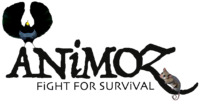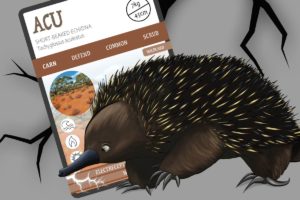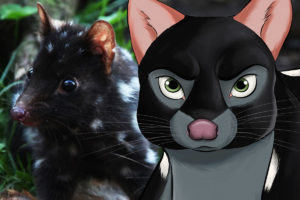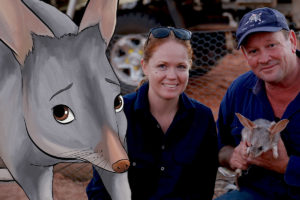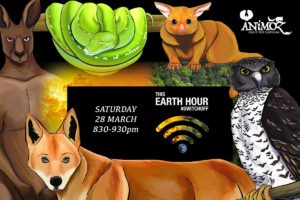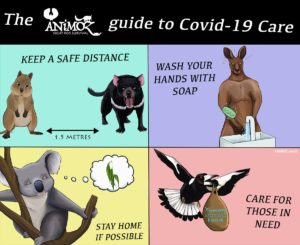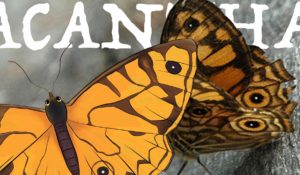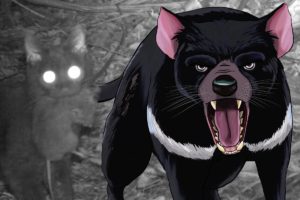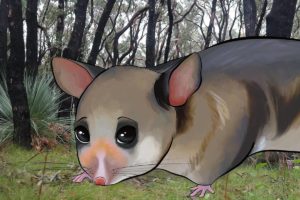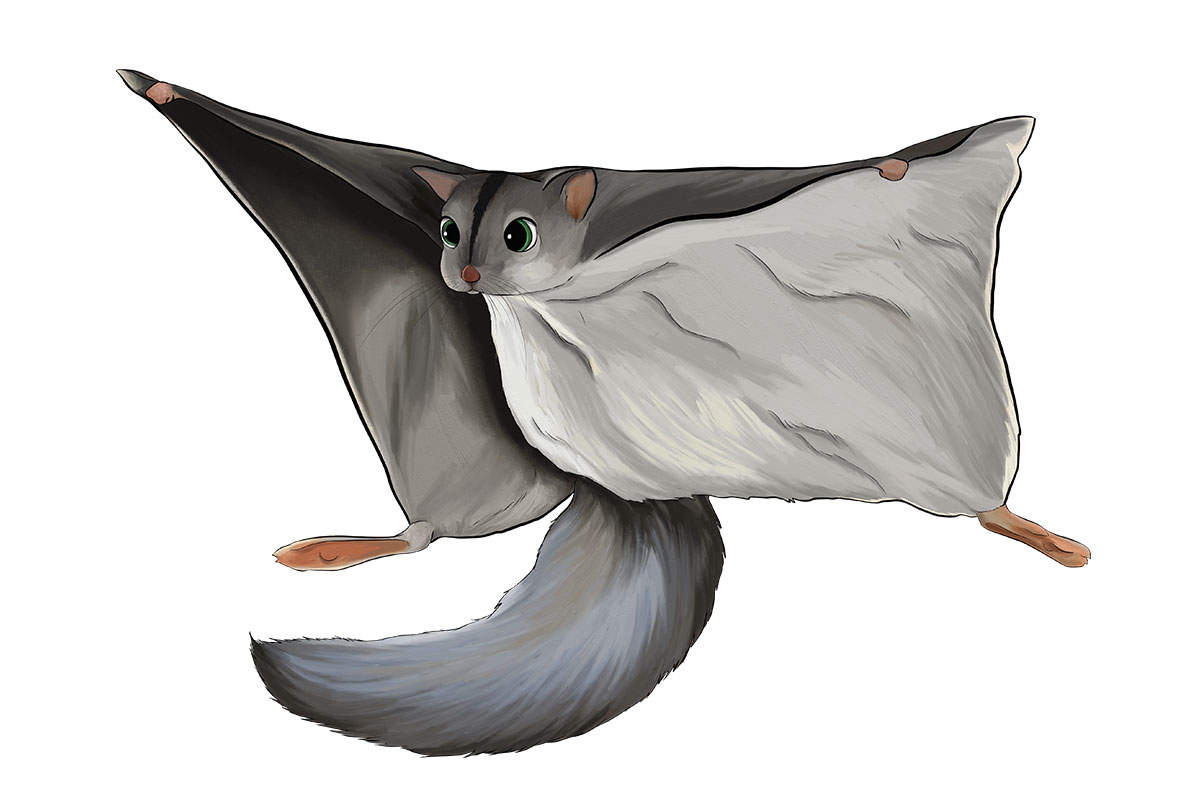
FOLCEN - Squirrel glider
"In FOLCEN’s Forest BiOME, the trees are tall and tightly packed - just the right distance to glide between… An OMNi, FOLCEN is nocturnal, chasing bugs and seeking nectar and flower buds. Their YiP ALARM and GLiDE powers help them successfully FLEE from most predators, but they must be aware of the ambush attack from species with a CONSTRICTION power!"
ANiMOZ #209
Code: FOLCEN
Common name: Squirrel Glider
Taxonomy: Petaurus norfolcensis
Level: OMNI | Form: FLEE
Status: RARE | BiOME: FOREST
Overcomes: Flood | Drought
SUPERPOWERS:
GLIDE:
Spreading her arms wide, FOLCEN uses her Glide power to fly amongst the branches - without wings! A membrane extending from their front toe to the back of the foot enables this flight, allowing FOLCEN to glide up to 50m from one tree to another to escape predators, or move to a more fruitful food area. What’s more, when enacting her Glide Superpower, she uses her tail like a rudder, steering her flight in the direction she chooses!
YIP ALARM:
The YIP ALARM Superpower makes FOLCEN a friend of many other species in their Forest home, by raising notice that there’s a danger nearby. By having communal awareness of a lurking predator, it becomes much harder for any individual to be preyed upon!
WEAKNESSES:
WING:
FOLCEN is in danger of attacks from the sky. He automatically loses a Clash to a WING species.
CONSTRICTION:
FOLCEN is prey for clever pythons, who search for their nests in trees. He automatically loses a Clash to a CONSTRICTION species, or one with the CONSTRICTION Superpower.
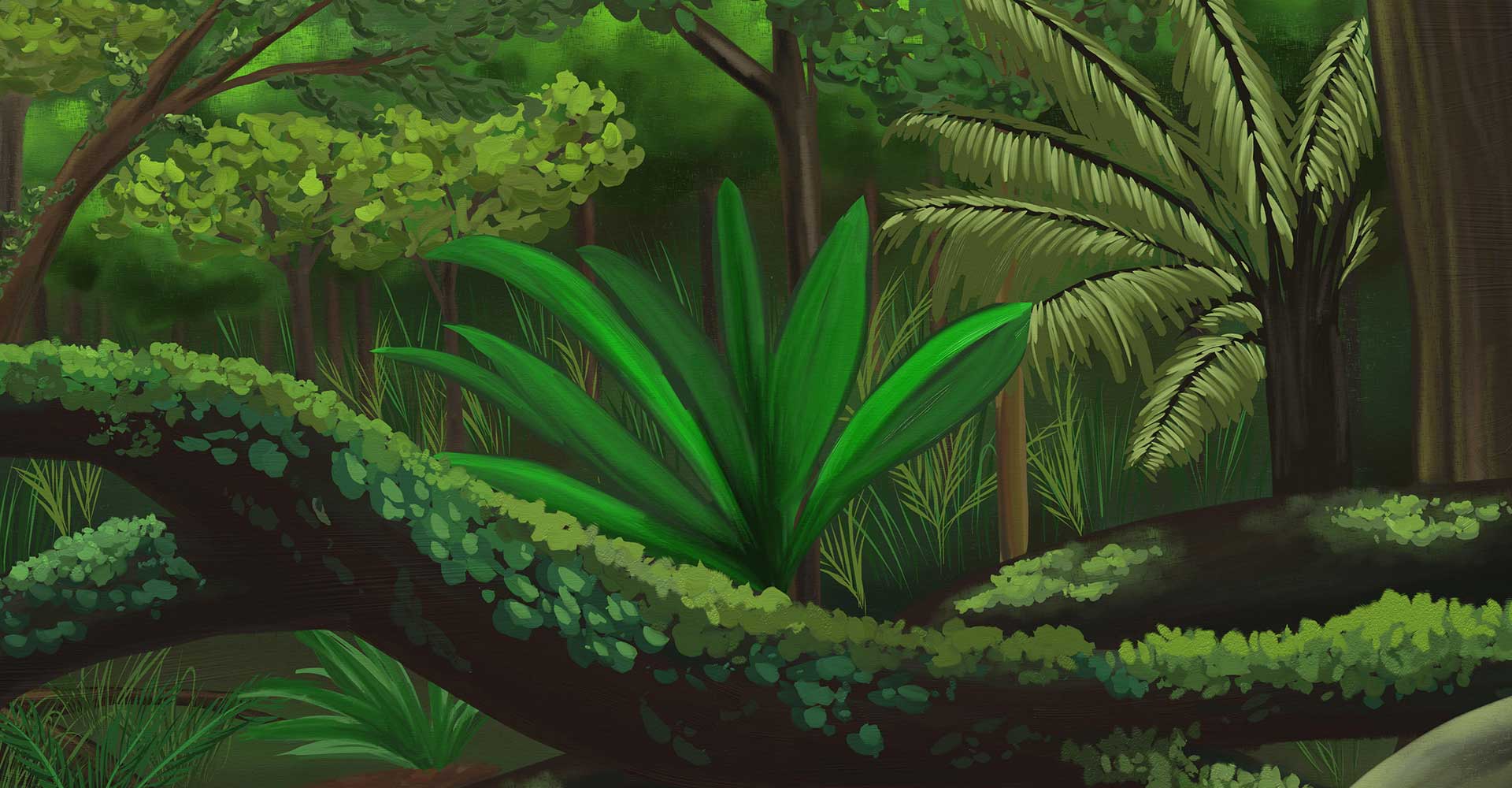

Species Report: ACU the Short-beaked echidna
The Short-beaked echidna (Tachyglossus aculeatus) is ACU – a Carn species found across Australia. ACU are typically between 30 and 45 centimetres long, including their beak They have tongues up to 15 centimetres long to allow them to scoop up their prey. The largest Short-beaked echidnas are about seven kilograms, but they typically weigh two …
Know your ANiMOZ species: RiNU (Dasyurus viverrinus)
Know Your Species series: RiNU (Dasyurus viverrinus) One of the most important animals for a Ranger to understand when playing the Offical ANiMOZ Ultimate Ranger Gameplay is the Apex Predator. That becomes particularly important when one such species is also Highly Rare… Enter RiNU, the Eastern quoll! Deep in the dark of the forest …
Know your ANiMOZ species: RiNU (Dasyurus viverrinus) Read More »
Ranger Community: “There are lots of different ones I haven’t seen before!”
In our Ranger Community series, we hear from ANiMOZ Rangers out in the field about how they use the game to learn about, teach about and support wildlife. Ranger Pariya spoke to Headquarters about how she and her Junior Rangers use ANiMOZ! Ranger Pariya is mum to two Junior Rangers – Chara (7yo) and …
Ranger Community: “There are lots of different ones I haven’t seen before!” Read More »
From the Field: Ranger Cass talks about LAGOTi!
From the Field: Headquarters speaks to real-life Rangers working to save ANiMOZ species! In our From the Field series, we talk to scientists working across Australia to save the Rare and Highly Rare animals you know from the World of ANiMOZ. Today, we hear from Ranger Cass who works with LAGOTi! HQ: Hi Ranger …
Earth Hour 2020: ANiMOZ By Candlelight
Earth Hour 2020: Come play ANiMOZ by candlelight with us! Are you looking for something to do during an hour of darkness on this Saturday (28 March 2020)? It’s Earth Hour from 830-930pm and we’ll be playing ANiMOZ! On the official Earth Hour website, WWF-Australia say the impacts of the climate crisis …
COVID-19 Care: The ANiMOZ Guide
Sharing responsibility for COVID-19 Care This is a crazy time for the global community, and all you ANiMOZ Rangers out there are no exception when it comes to COVID-19 and caring for the community! We don’t wish to paint ourselves as experts here at Headquarters – it is super important that you seek professional …
Know your ANiMOZ species: ACANTHA (Eastern ringed xenica)
Know your ANiMOZ species: What do you know about ACANTHA? One of the most important types of creatures in an ecosystem are BASE level ANiMOZ. For Rangers playing the Official Gameplay, BASE species can get you double points in your ecosystem! ACANTHA (the Eastern ringed xenica) has a wingspan of 4cm, weighing less than …
Know your ANiMOZ species: ACANTHA (Eastern ringed xenica) Read More »
Could HARRiSii (Tasmanian devil) come back to mainland Australia? This Ranger thinks so…
Study in Tasmania suggests that HARRiSii helps to control numbers of invasive species like cats. A research Ranger in Tasmania has found that HARRiSii may have an important role to play in limiting the impact of Invasive Species like cats in their habitat. “We found in areas where [HARRiSii] have declined severely,” he said, “that …
Could HARRiSii (Tasmanian devil) come back to mainland Australia? This Ranger thinks so… Read More »
Ranger Community: “They can see their cards come to life!”
In our Ranger Community series, we hear from ANiMOZ Rangers out in the field about how they use the game to learn about, teach about and support wildlife. Ranger Adrian from Wildlife Gone Walkabout writes to Headquarters about how they use ANiMOZ! Children at their very core are scientists. They ask questions, predict answers, …
Ranger Community: “They can see their cards come to life!” Read More »
PARVU overcomes the fires!
Rangers in New South Wales have video proof that PARVU overcame the fires! There was real fear for PARVU amongst the Rangers that care for him. PARVU (or the Mountain Pygmy possum, as he’s sometimes called) lives in mountain ranges on the east coast of Australia, in a very limited geographical range. When the …
